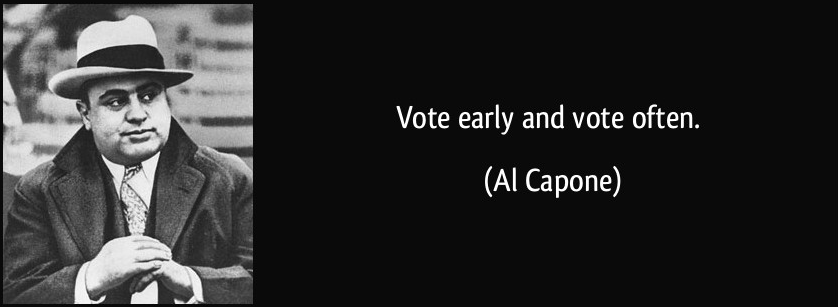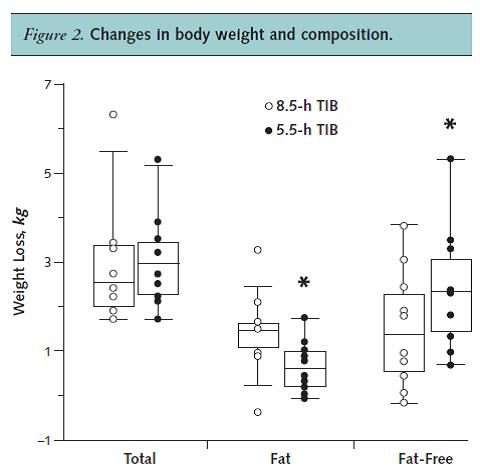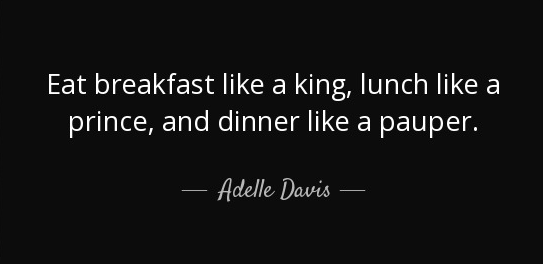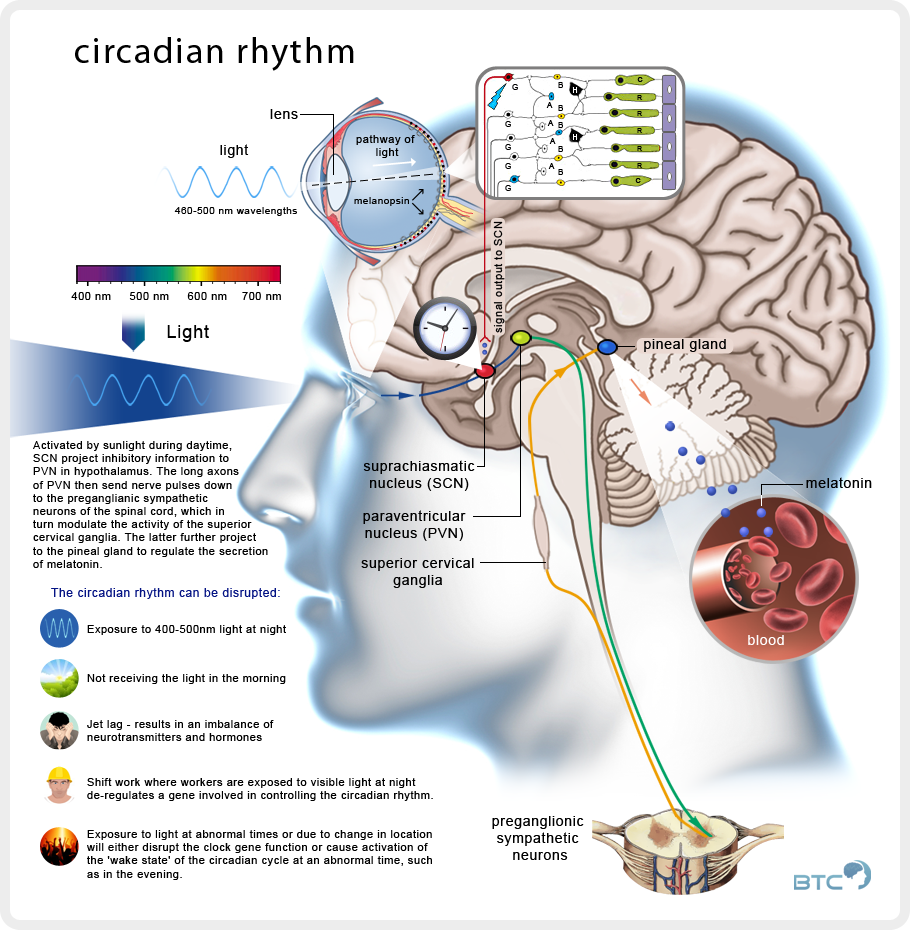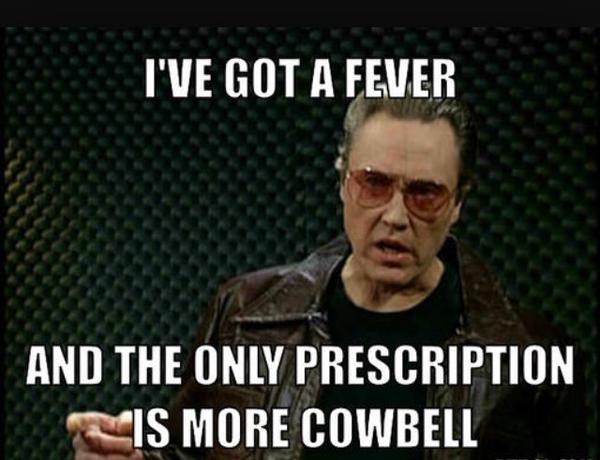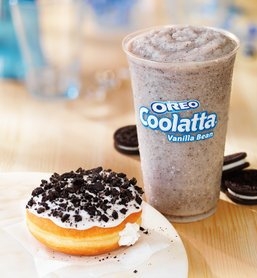I was bored and had a stronger-than-usual espresso, saw the above Tweet, so obviously I decided to read the Health & Safety Guide that came with my cell phone.
The Federal Communications Commission (FCC) set specific limits to Radio Frequency (RF) that any given electronic device can emit. Theoretically, at or below this level is “safe.” The actual number comes from the National Council on Radiation Protection and Measurement (NCRP) and Institute of Electrical and Electronics Engineers (IEEE). The overall tone of this document is grave, ie, they take this RF limit very seriously.
The limit: 1.6 W/kg (Specific Absorption Rate [SAR]) or 0.0016 W/g.
I checked online at www.fcc.gov/oet/ea, and my phone is rated 0.3 Watts (W) at around 1.5 cm – distance is important: in this case, it’s the difference between squashing the phone between your face and your hand vs. holding it a finger tip’s distance away.
So, is my brain safe? Hard to say; how many grams of brain are within 1.5 cm from my brain? If we’re talking whole head exposure, ~4 kg, that’d be ~6 W. But I’m more concerned about the 4 grams of brain closest to my ear, within that 1.5 cm range, because brain cancer is pretty scary at any level of brain cancer (ie, whether it affects whole brain or just the 4 grams closest to my ear).
I can’t figure out these maths so I’m sticking with earbuds until I can.
Continue reading →

